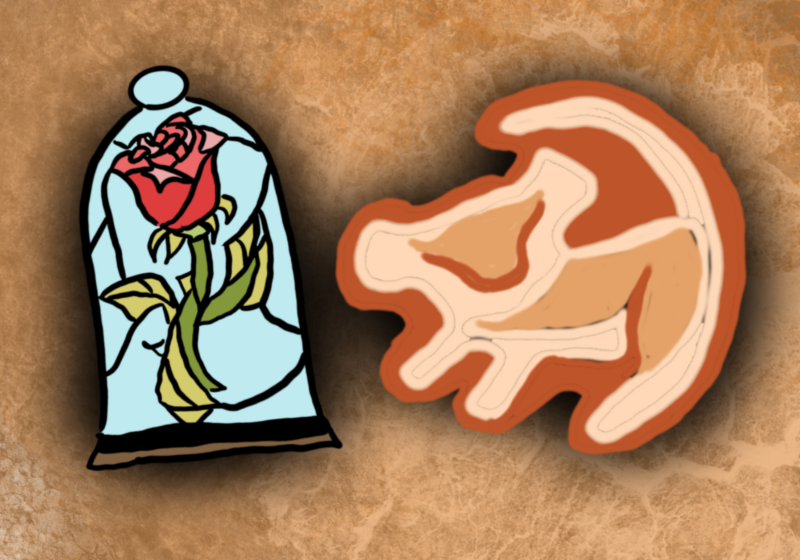When you read an article, learning that a source is anonymous source can make a big difference. On top of reading the article, you have to call into question the credibility and accountability of the writer and the source — whoever that is — and there are only so many hours in the day.
Anonymous sources make it tough to know how much you can trust what you’re reading. How can you evaluate a stories’ legitimacy if you don’t know who it’s coming from?
Anonymity lets people with something to lose speak out on serious issues. These are often issues that affect people because they involve authority. Other times it is employed when a story may leave a source vulnerable. An example of the latter would be in stories of sexual abuse survivors, who may not feel safe with their names publicly attached to their stories.
Here are some instances of anonymity in the Campus Times. Some of them are justified. Others are not.
During the fallout of the Jaeger controversy, we chose to maintain the anonymity of some BCS professors we spoke to, because of their proximity to the scandal. Similarly, when eights students signed a letter to the editor about their experiences with Jaeger, three of the signatories were allowed to maintain anonymity. In these cases, anonymity allowed those with valuable perspectives to be protected from professional or academic consequences.
An article we published in 2013 when Sigma Chi was investigated for hazing is another example. We kept a pledge we spoke to anonymous, because his participation could have affected his relationship with the fraternity or administration involved in the investigation. In order to ensure that the pledge’s testimony would not be altered by fear of these ramifications — and to ensure that the pledge would not suffer consequences in either institution for his participation — we chose to honor his request.
But an article about Dandelion Day we published a year earlier featured misused anonymity. In 2012, D-Day was set for a weekday in an attempt to curb alcohol consumption. When a senior RA voiced her support of the effort, we agreed to grant her anonymity “because of her position.” The issue here is that a student saying that the anti-widespread-intoxication effort has some potential does not jeopardize her status as an RA or a student at the University. More likely it means that she didn’t want people knowing that she wasn’t thrilled with the culture of D-Day. In quoting the RA, we dealt a blow to our credibility for the sake of a perspective that wasn’t confident enough to go on the record anyway.
The best way to evaluate the granting of anonymity is considering things in terms of risks and reward. If we grant anonymity, is risking our credibility worth the reward of the source’s participation? When we answer this question, we must be certain. Because if we’re going to sacrifice our reader’s trust, it must be to deliver them otherwise inaccessible, essential information.




